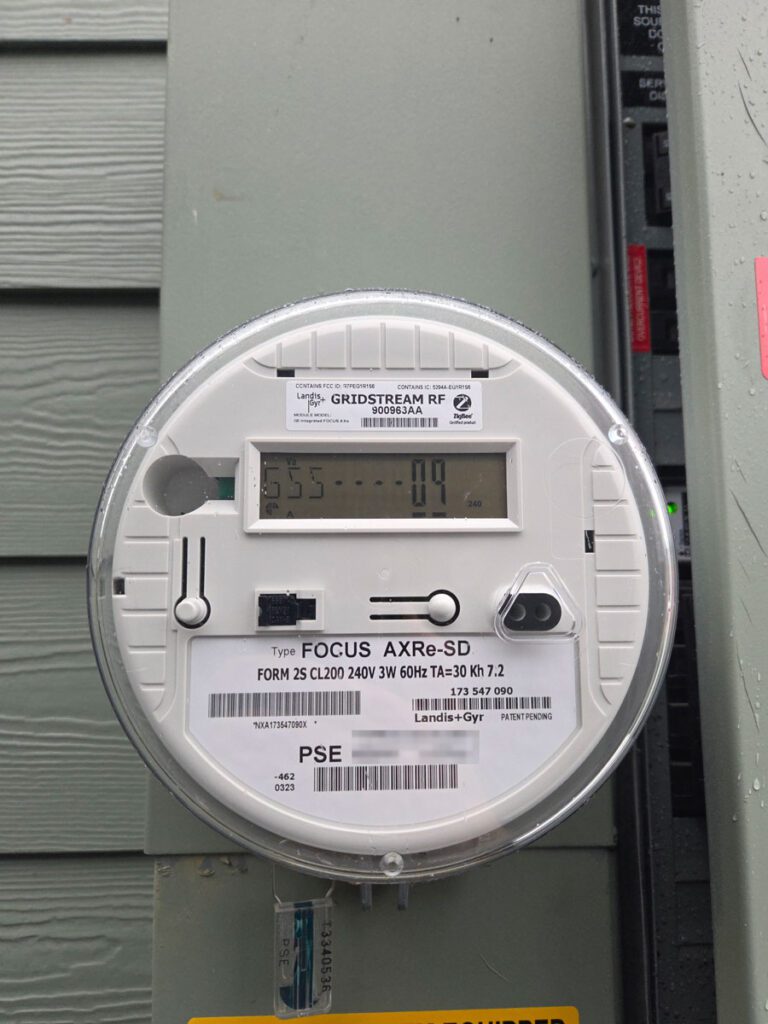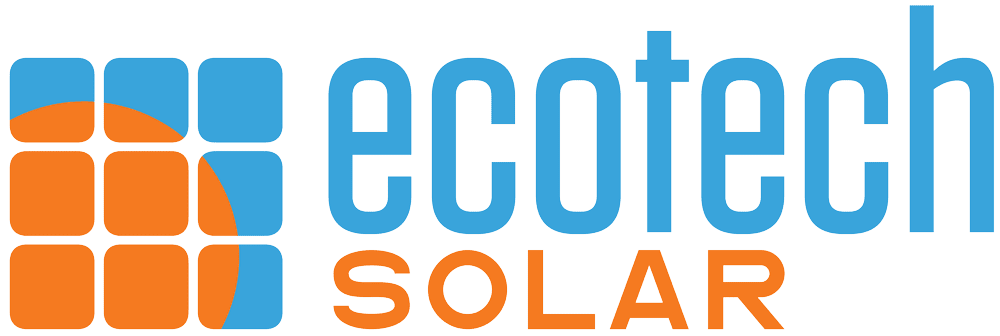How the summer sun powers your winter home
When you go solar with a net metering agreement, you’re not just powering your home — you’re making a deal to trade energy with your utility. Think of it like a bank account, but instead of dollars, you’re depositing and withdrawing kilowatt-hours (kWh) of energy.
How It Works:
- During beautiful, sunny summer days most solar systems produce far more power than your home needs — especially during our long hours of daylight in the Pacific northwest. The extra energy doesn’t go to waste – it’s returned to the grid, and your utility gives you credit for every extra kWh. This is counted by your net meter provided by your utility.

Utility Net Meter
- These credits are banked — like a squirrel with acorns, as the end of summer draws near your account will be full of kilowatt-hours. These are listed each month on your bill under your Net Meter Bank Information.
- In the winter, days are shorter and cloudy weather reduces solar output, and your panels might not cover all your energy use. That’s when you start using up the kWh credits you earned in the summer.
- A perfectly-sized system to offset 100% of your annual usage would deplete your bank by April 1st. At this time, Puget Sound Energy does not allow credits to “roll over” – your account resets to zero each April. Then, the annual cycle starts over.
Over the course of a full year, a perfectly-sized system designed to offset 100% of your annual usage would mean the summer surplus balances out the winter shortfall — keeping your energy bills net-zero. Your electricity bill is close to zero – aside from a connection fee of a few dollars.
A Few Important Notes
- Variation from Year to Year
Solar energy production can vary from one year to the next. Weather patterns, cloud cover, and temperature changes affect how much solar power your system generates annually. This means your net meter bank balance may fluctuate somewhat year over year — but over time, solar still delivers reliable savings. - Adding New Loads Changes the Equation
When you add something big to your home’s electricity use — like an electric vehicle charger — your energy usage goes up. That means your solar system may not cover all your power use if it was sized only for your previous consumption. It’s a good idea to let your solar provider know about new loads so they can recommend system upgrades or energy management strategies. - How Ecotech Designs Your System
At Ecotech, we don’t just guess the size of your solar system. We look at your historical electricity usage — your bills and habits — and design a system tailored to meet your needs. This ensures your system produces enough power to maximize savings and account for seasonal changes, lifestyle, and can even account for new loads you might add in the future.
